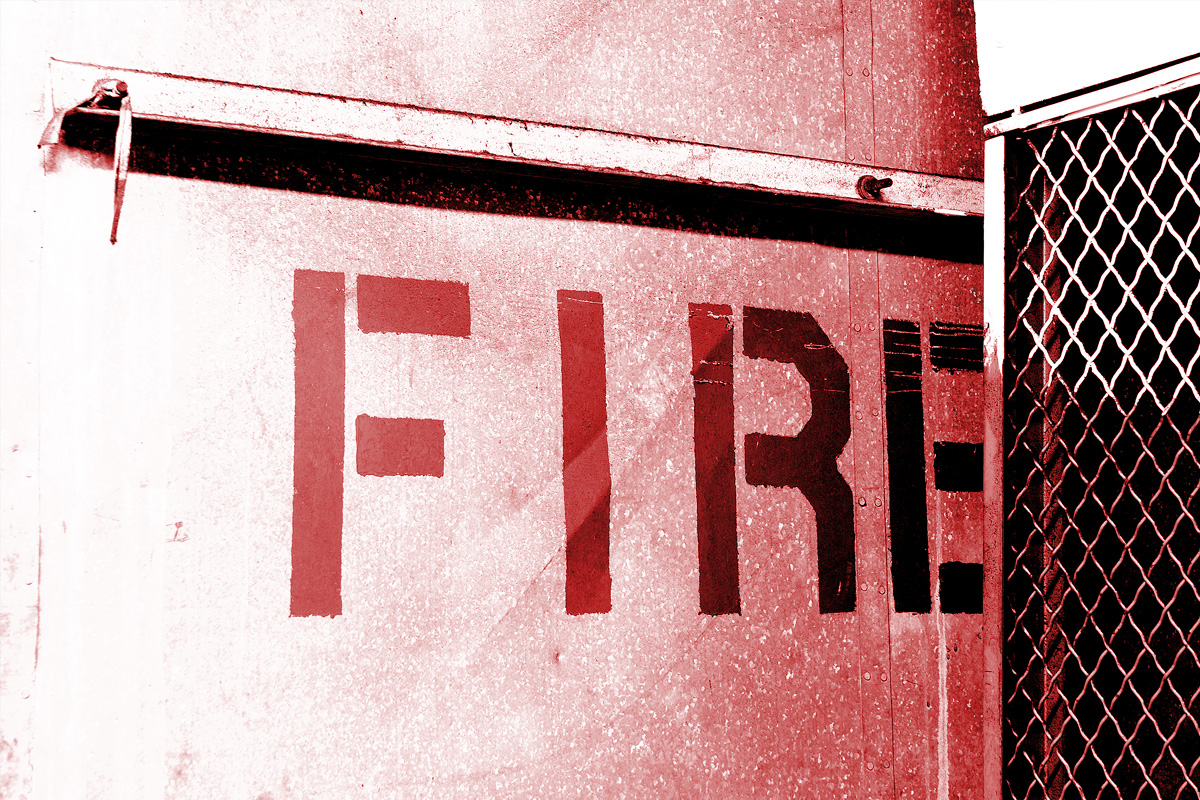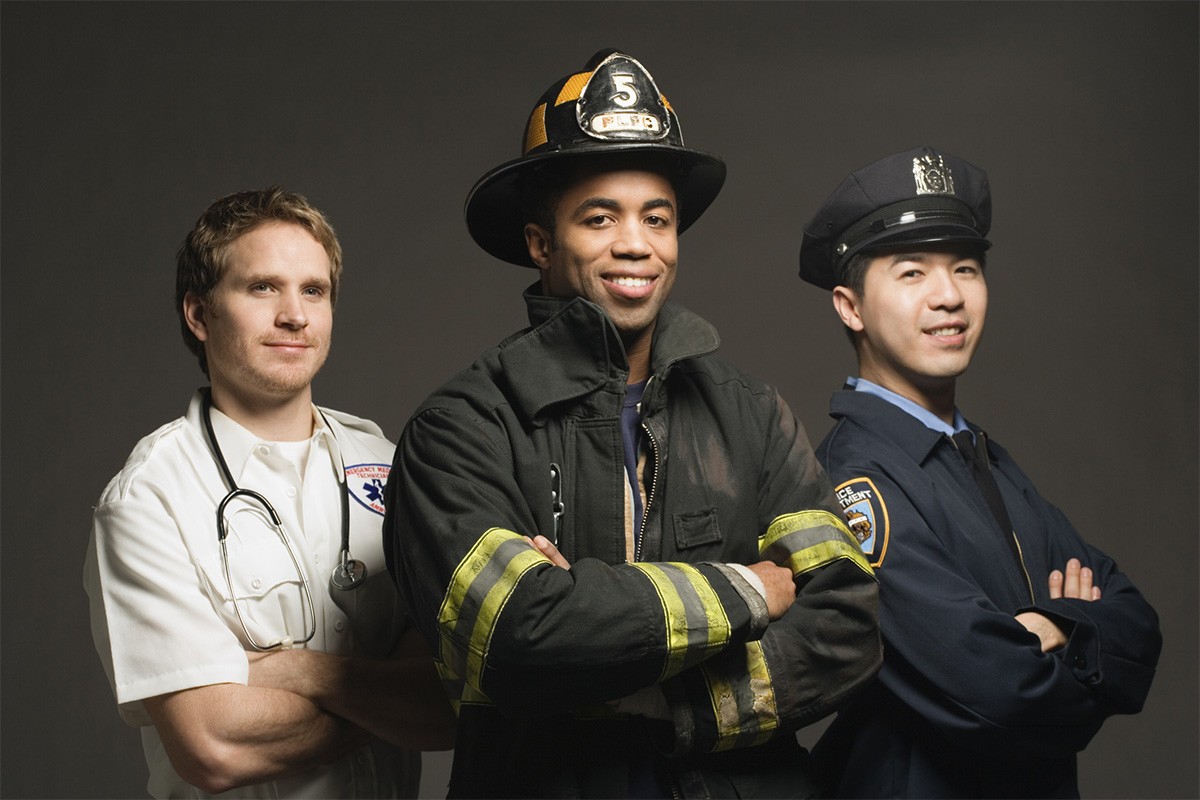Being a firefighter can be one of the most rewarding careers. Serving your community can come with a sense of personal achievement, as it involves helping people and even saving lives. Firefighters are rightfully treated with respect and lauded for their bravery.
As with all jobs, there are both pros and cons to careers in the fire service. Whether you’re no longer interested in entering dangerous situations or working long shifts, or you’ve realized that your career goals aren’t the same as when you entered the field, there are plenty of alternative careers for firefighters.
The silver lining is that working as a firefighter can give you valuable experience that can be applied to many other career fields, including those connected to the fire service and those that aren’t. In this article, we break down four examples of alternative careers for firefighters, including their requirements, job outlook and more.
1. Arson Investigation
One way to use your previous experience as a firefighter is pursuing a career as an arson investigator. An arson investigator's role is to analyze incidents and collect evidence to determine whether a fire was a result of an accident or crime. You may also be required to identify possible suspects, determine their motives, interview witnesses, and even make arrests.
Another benefit to a career in arson investigation is that salaries are likely to be higher. According to the Bureau of Labor Statistics, the median pay for fire inspectors and investigators was $64,610 in May 2020 compared to $52,500 for firefighters.
Related: How to Become an Arson Investigator
2. EMS Administration
Firefighters and emergency medical services professionals are often closely aligned. The reality in many cities across America is that fire trucks are dispatched to medical emergencies more often than fires. Also, some departments include EMT certifications in their firefighter requirements.
A career in EMS administration can be a natural fit for ex-firefighters. EMS leaders equip their teams with what they need to save lives, and they become the go-to person for rules and regulations at the federal, state and local levels.
Related:What Does It Take to Become an Emergency Medical Services Administrator?
3. Emergency Management
Firefighters are among the many first responders called upon to protect the public before, during and after emergencies. This may include natural disasters such as weather emergencies or man-made disasters such as chemical explosions, terrorist attacks and more. For those currently serving in the fire service, transitioning into a career in emergency management can be an option worth considering.
Emergency management positions can be found in the public, private, civilian and military sectors. Common responsibilities for emergency managers include:
- Coordinating emergency response procedures.
- Distributing emergency response communications.
- Managing interagency operations and collaboration.
- Planning and managing training exercises.
The median wage for emergency management directors was $76,250 in May 2020, and the BLS projects employment to grow by 6% between 2020 and 2030. Emergency management directors typically need multiple years of experience in emergency services and at least a bachelor’s degree, and a degree in emergency management can give candidates an edge.
Related: Emergency Management: Career Outlook and Job Opportunities
4. Occupational Safety and Health
The everyday job of a firefighter can include educating the public about fire prevention. Occupational safety and health professionals may find themselves in similar situations, communicating with their coworkers and ensuring workplace safety remains a priority in their organization.
Firefighters who have enjoyed educating others about safety may also find a career in occupational safety and health to be satisfying. The responsibilities of a safety professional can also include:
- Designing and implementing procedures to protect workers from hazardous conditions.
- Inspecting, testing and evaluating workplace environments to ensure compliance with safety standards and government regulations.
- Investigating incidents and accidents to identify their causes and how they may be prevented in the future.
Some of the common employers of safety professionals are government agencies, manufacturing companies and construction sites. The BLS reported a median wage of $72,530 for occupational health and safety specialists and technicians in May 2020, and employment is projected to grow by 7% between 2020 and 2030. In addition to academic degrees, safety certifications are also a common requirement in the field.
Related: How to Become a Safety Officer: What Employers Want
Jobs After the Fire Service
The skills and experience gained from working in the fire service can be applied to numerous new careers, and not just the four detailed in this article. For working adults who are looking for a new direction – including firefighters interested in starting a second career – going back to school is a good place to start.
Here at Columbia Southern University, we offer online academic degrees at the associate, bachelor’s, master’s and doctorate levels. Our flexible learning options – including self-paced degree programs – are designed to fit the schedule of working professionals, military students and more.
For more information about our online degree programs, visit our website.
Columbia Southern University does not guarantee that students or those who pursue these careers will earn the specific salaries listed.






